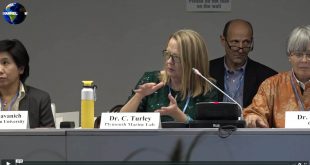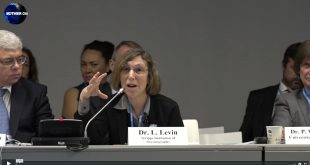Ugo Guarnacci
Policy Officer, Directorate of Climate Action and Resource Efficiency, Directorate-General for Research and InnovationEuropean CommissionAdel Abdouli
Coastal Observatory
Planning and Protection Coastal Agency
Juliana Ribeiro
Environmental Project Analyst
Conservation Strategies
Boticário Group Foundation
Edoardo Croci
UB-IEFE
Clovis Borges
SPVS
Ugo Guarnacci
EU Commission
Adel Abdouli
UNDP
Tunisia
Brenden Jongman
World Bank
The University of Bocconi’s Centre for Research on Energy and Environmental Economics and Policy (UB-IEFE), one of Urban GreenUP’s partners, delivered a talk alongside with the Sociedade Pesquisa em Vida Salvagem e Educacao Ambiental (SPVS), and Boticário Group Foundation for Nature Protection, as part of a side-event at the UN Climate Change Conference in Bonn, Germany. The aim of this conference was to implement the Paris Climate Change Agreement among the different governments and accelerate the transformation of their local cities to more sustainable, resilient and climate-safe developed habitats.
The talk was entitled, “Can Nature be a Solution for Climate Change Adaptation and Increasing Resilience?” It discussed the role of ecosystem services when adapting and responding to the climate change impacts and associated disaster risks happening today. These results are based on the successful case studies of measures and policies implemented in coastal, rural and urban areas, from different perspectives. Their study is widely based on their vast experience on Nature Based Solutions (NBS), which are, as defined by the EU, cost-effective solutions that are inspired and supported by nature, while providing environmental, social and economic benefits within the cities.
In the duration of the talk UB-IEFE presented their methodology on evaluating the NBSs provided in the Urban GreenUP project. The said methodology was reviewed alongside other methodologies that measure NBSs interventions implemented in already existing projects.
 Mother Channel Environmental, climate change news and media.
Mother Channel Environmental, climate change news and media.



